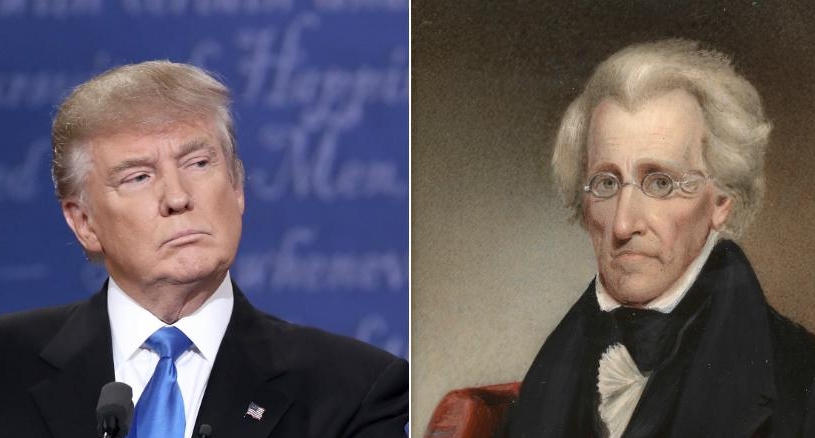“This is a law for all time throughout the ages for you must distinguish between the sacred and the profane, and between the impure and the pure” Leviticus 10: 9 – 10
In the early 19th century, two very different lives crossed paths as America expanded territorial control. One was a missionary devoted to the sacred call of justice. The other was a president profanely determined to expand power at any cost.
Samuel Worcester was born in Worcester, Massachusetts, on January 19, 1798. While in seminary in New England, Worcester befriended Buck Oowatie, a Cherokee student later known as Elias Boudinot. Upon completing his education in 1825, Worcester accepted a posting, working alongside the Cherokee people in Tennessee. Worcester dedicated his life to serving the Cherokee Nation.
Around this time, the Cherokee were fighting a political battle of their own. They had adopted a written constitution declaring their sovereignty and full jurisdiction over their ancestral lands spanning Georgia, Tennessee, Alabama, and Virginia. Yet Georgia, determined to seize Cherokee lands for white settlers, passed laws stripping Native Americans of legal protections.
Meanwhile, Worcester was building a different kind of resistance. He launched the Cherokee Phoenix newspaper in 1828, giving the Cherokee Nation a voice at a critical moment. But no newspaper could quiet the growing storm.
In Washington, Andrew Jackson viewed Native sovereignty as an obstacle to American expansion. Jackson pushed hard for the Indian Removal Act of 1830, which authorized the government to relocate Native tribes west of the Mississippi. He cloaked his policy in paternalistic language. Jackson promised the Act would “enable [the tribes] to pursue happiness in their own way” — attempting to mask the land grab for white settlers.
In 1832, after a sweeping re-election victory, Jackson escalated efforts to clear the Cherokee from Georgia. When the Cherokee turned to the courts, their case — Worcester v. Georgia — became a defining moment in American constitutional history.
Worcester, having lived and worked among the Cherokee, openly defied Georgia’s new laws banning white missionaries from Cherokee lands. For this, he was arrested, tried, and sentenced to four years of hard labor. The case reached the U.S. Supreme Court. In a landmark 1832 ruling, Chief Justice John Marshall declared Georgia’s laws unconstitutional and affirmed the Cherokee Nation as a distinct political community, protected from state interference.
But Andrew Jackson, whose duty as president was to enforce the Court’s decision, defied the Court. The famous quote “John Marshall has made his decision; now let him enforce it” is likely apocryphal. Yet, Jackson’s actions spoke loudly enough. He simply ignored the ruling, allowing Georgia to continue its campaign against the Cherokee unchallenged.
Jackson’s refusal to enforce the ruling set a chilling precedent: that a president could sidestep the Supreme Court when the law conflicted with political ambitions. Not long after, the government uprooted tens of thousands of Cherokee and marched them westward in what became known as the Trail of Tears. Many thousands died.
The overlapping story of Samuel Worcester and Andrew Jackson is one of the most striking cautionary tales in American history, reminding us what happens when justice is spoken from the bench but ignored in the halls of power. Americans expect our leaders to obey the laws. But when those in power are profane, the law, and the American people are in jeopardy, even of being physically displaced.
Bring Kilmar Abrego Garcia home from El Salvador!
Rabbi Evan J. Krame





